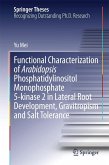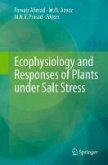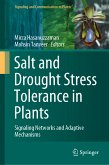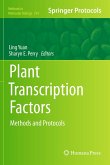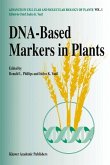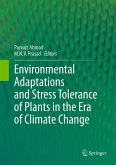Soil salinity is destroying several hectares of arable land every minute. Because remedial land management cannot completely solve the problem, salt tolerant crops or plant species able to remove excessive salt from the soil could contribute significantly to managing the salinity problem. The key to engineering crops for salt tolerance lies in a thorough understanding of the physiological mechanisms underlying the adaptive responses of plants to salinity. Plant Salt Tolerance: Methods and Protocols describes recent advances and techniques employed by researchers to understand the molecular and ionic basis of salinity tolerance and to investigate the mechanisms of salt stress perception and signalling in plants. With chapters written by leading international scientists, this book covers nearly 30 different methods, such as microelectrode and molecular methods, imaging techniques, as well as various biochemical assays. Written in the highly successful Methods in Molecular Biology(TM) series format, chapters contain introductions to their respective topics, lists of the necessary materials and reagents, step-by-step, readily reproducible laboratory protocols, and notes on troubleshooting and avoiding known pitfalls.
Authoritative and easily accessible, Plant Salt Tolerance: Methods and Protocols serves as an essential read for every student or researcher tackling various aspects of the salinity problem.
Dieser Download kann aus rechtlichen Gründen nur mit Rechnungsadresse in A, B, BG, CY, CZ, D, DK, EW, E, FIN, F, GR, HR, H, IRL, I, LT, L, LR, M, NL, PL, P, R, S, SLO, SK ausgeliefert werden.



